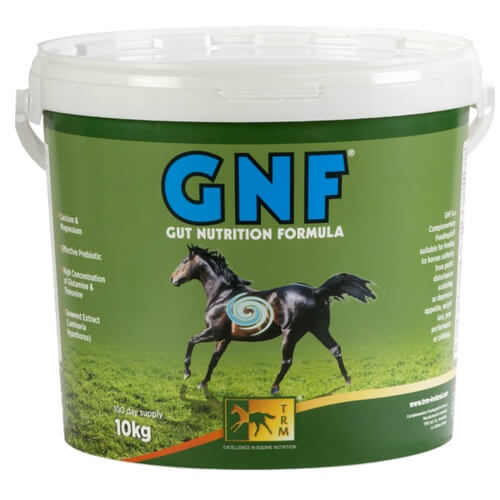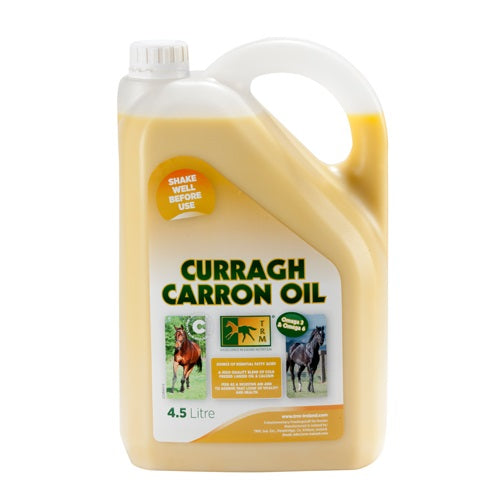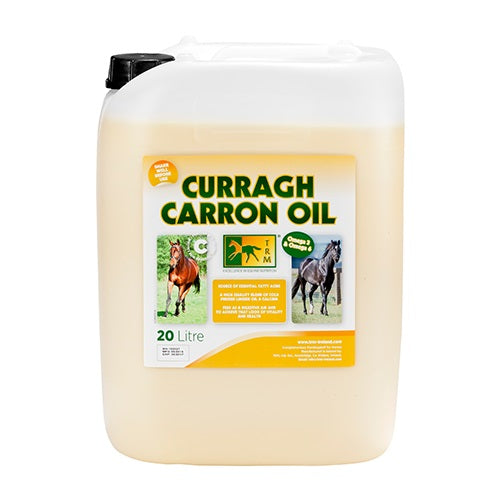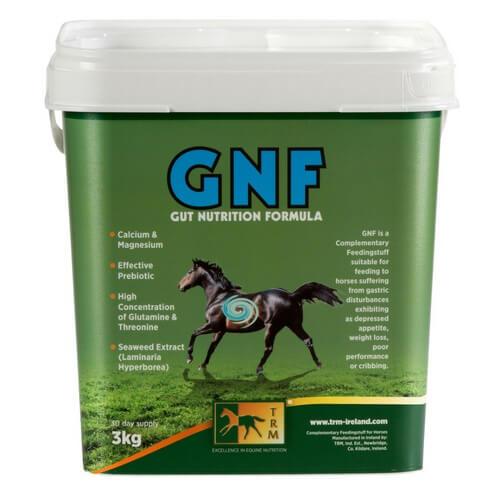Your Cart is empty
Digestion & Gastric
When your horse’s digestive system is in good health it helps to properly digest feed, meaning you are not wasting good feed and the horse is actually getting the nutritional benefit from the feed, both in weight gain and performance improvement. The gut also acts as a filter to keep out bad bacteria and toxins, which can lead to disease. Furthermore, when the digestive system is healthy it supports good bacteria or beneficial bacteria, which in turn helps with the digestive process, production of vitamins and boosts the immune system.
More than 90% of thoroughbred racehorses suffer from Gastric Ulcers, and the main reason for this is that a horse is no longer in its natural habitat where it can graze 24/7, these horses are put in a stable, they have limited access to paddock grazing and are exercised very hard. All sports horses, whether they be dressage, jumpers, eventers or polo horses all suffer the same plight and all of them need careful care to their digestive system. All these horses normally must live on something like the Gut Health Plus, and in more severe ulcer cases need treatment using something like Omeprazole, of which Ulcergard is just one of the brands available. There are several Gut issues which have a negative effect on a horse’s performance & wellbeing, including conditions like colic, hindgut acidosis, unhealthy bacterial balance, and ulcers.
The Horses Stomach Function Explained
Horses in their natural environment, spend 24 hours a day in a paddock with access to pasture. Horse do not sleep very much and in fact spend about 22 hours of the day grazing on pasture. Now what this does is while the horse is chewing for 22 hours per day, it is producing large amounts of saliva, which flows down into its stomach and acts as an acid buffer, reducing the severity of the stomach acid, making it less likely to cause damage on the non-glandular section of the wall of the stomach. It must be noted that a horse produces stomach acid – non-stop – 24 hours per day, and the reason for this is because – as mentioned above – it is naturally always meant to be eating and therefore in its natural environment – needs this much acid. In comparison – us humans – produce stomach acid on demand, when we eat our body then triggers the production and release of stomach acid. It is important to understand this difference. When a horse is stabled, it does not have the opportunity to chew as much and therefore does not create as much saliva and therefore has a large build-up of acid, causing all sorts of health problems.
Many trainers and owner use slow hay feeders, like the Haygain Forager, or hay nets in an attempt to keep the horse eating all day and night, this certainly helps. We also suggest, when feeding hard feed, rather feed little and often. Many racehorse trainers, due to the economics, just do 2 feeds per day, 1 morning and 1 evening, but it has been found to improve digestive health by feeding 4 times a day.
Here are some symptoms of digestive disturbances, this can be a varying range of conditions including EGUS (Equine Gastric Ulcer Syndrome), hindgut acidosis, bad bacteria overtaking good bacteria, colic, etc.
- Does not eat up – very picky
- Cannot hold condition or losing weight
- Grey or poor coat condition
- Poor performance, lacking stamina
- Windsucking
- Sour attitude, hard to manage
- Do not like their hard feed
- very unsettled, nervous
- over anxious
The natural and most effective way of maintaining good gut health, is by prevention. Take preventative measures, rather than wait for a problem then try to cure it. We have already mentioned feeding, have hay available to the horse 24 hours per day, feed the hard feed “little and often” and as much as possible give your horse access to a paddock.
Then allow the stomach to produce acid, the natural way. With veterinary treatments for ulcers like Omeprazole, this actually stops the production of stomach acid, this intervention is like a double-edged sword as it does help by reducing damage and pain caused by excessive acid and allows pre-existing gastric ulcers to heal – however low stomach acid prevents the stomach from breaking down bacteria and nutrient absorption into the body.
If your horse has pre-existing gastric ulcers, then you need the veterinary prescribed treatment of Omeprazole, this will stop the production of acid and allow the ulcers to heal however, you have really waited too long here, and you want to prevent the ulcers in the first place. It is normally recommended to use this type of treatment for 28 days – so the ulcers can heal, then stop and use natural measures.
As a preventative, we have amazing results using the complete gut health product called Gut Health Plus pellets, you just add 50 grams per feed. (100grams per day). This Gut Health Plus contains 3 alkaline ingredients (opposite to acid), which mimics the job that saliva does, by reducing (not stopping) the acid in the stomach. In this way the severity of the acid is reduced, but there is still acid there able to break down and digest the feed.
The Gut Health Plus also contains a seaweed extract, which forms a gel to protect the stomach wall from damage. It also contains amino acids which help with the healing and health of the gut and intestinal wall.
And of the most noted and important ingredients in the Gut Health Plus is the two types of pre-biotics (FOS and MOS), these together work to build up and nurture the good bacteria in the hindgut.





